This comes despite a warning last week from the plastics recycling organisation Recoup that limited end markets for some types of plastic packaging waste are leading to increasing volumes of material collected from households being sent to energy from waste plants (see letsrecycle.com story).
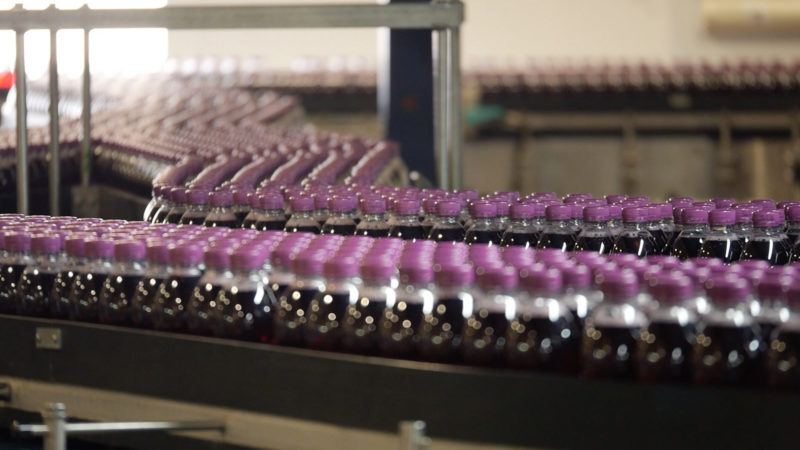
The Local Government Association has also said that ‘urgent action’ is needed to address plastic waste – calling for more efforts to reduce and simplify plastic packaging.
The Plastics Pact was launched by Environment Secretary Michael Gove in April 2018 – and has more than 120 signatories including retailers, manufacturers and recycling companies. Its aim is to eliminate “problematic or unnecessary” single-use plastic packaging by 2025, and to ensure 100% of plastic packaging is recyclable.
Other goals include a 70% rate of plastic packaging “effectively” recycled or composted, and a 30% rate of average recycled content across all plastic packaging by the middle of the next decade.
WRAP has today (21 May) published a progress report on each of the four pledges, praising the work already being carried out, but stressing that this is merely a ‘foundation for the future’.
‘Direction’
WRAP emphasised that the first year of the project was about “setting a clear direction of travel for collaborative change”, and chief executive Marcus Gover said he felt this had been achieved.
“When we launched the UK Plastics Pact a year ago, we knew that we had a monumental task on our hands,” he explained.
Mr Gover added: “Moving forward there will be tough decisions to make, new innovations to foster, and investment to be made – all at great pace and with an urgency that reflects the scale of the problem we are tackling.
“Our members have shown they are up for the challenge and we have great momentum to propel us forward. I’m convinced we are on the way to transforming forever the way we make, use and dispose of plastic.”
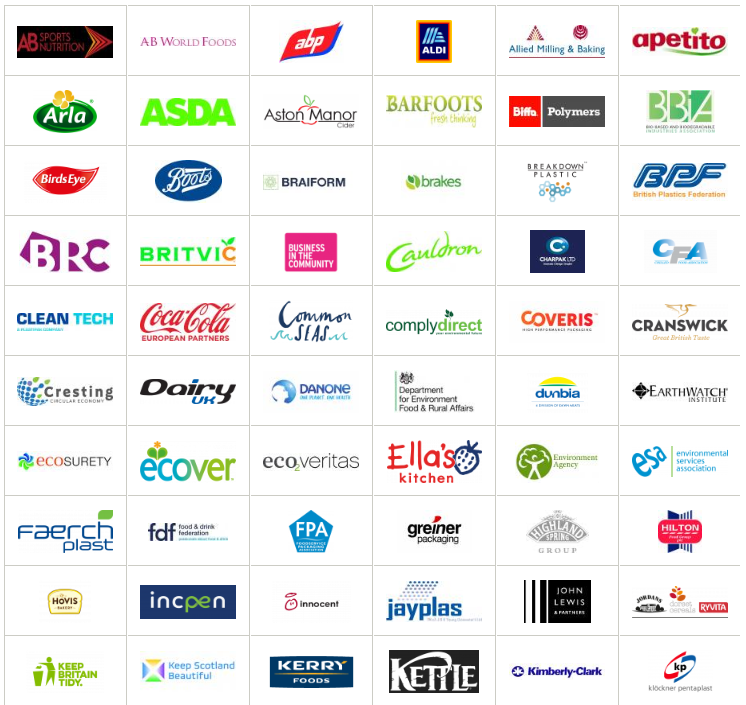
With regards to eliminating problematic or unnecessary single-use plastic packaging, the WRAP report noted retailer M&S’s move to replace plastic cutlery with alternatives made from FSC certified wood. The report also mentioned steps by Sainsbury’s, Tesco, Waitrose and Morrisons, which are all trialling the removal of plastic packaging across fresh produce lines, “to understand where plastic can be removed without impacting food waste”.
Recyclable packaging
With regards to ensuring packaging is recyclable, WRAP noted that members have reported “widespread progress” on removing black plastic from their packaging – although one signatory, Unilever, this week announced steps to use ‘detectable’ black plastic in some of its product lines from later this year (see letsrecycle.com story).
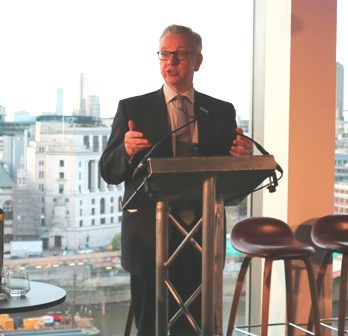
When discussing the 70% rate of “effective recycling”, the progress report focused on communication efforts made by the signatories.
This included Boots running a trial to understand the effectiveness of adding front of pack recycling messages on toiletries, and Coca-Cola introducing a “Please Recycle Me” message on over 500 million of its bottle tops.
The WRAP report also mentioned Danone’s pledge to use 50% recycled PET in all Evian water bottles below 2L. Meanwhile, another signatory – the fruit drink maker Innocent says it has achieved a minimum of 30% recycled content in its bottles, with its smoothie bottles now containing at least 50% recycled plastic.
The WRAP report concluded by saying the noted pledges are “just the tip of the iceberg” with further developments expected.
LGA
“Councils are dealing with the cost of recycling and disposing of plastic in household waste, money that could otherwise be spent on vital services such as adult social care and children’s services. We need to see urgent action from the industry to reduce and simplify plastic packaging.”
Cllr Martin Tett
LGA
Commenting on the first year of the Plastics Pact, the Local Government Association (LGA) has called for ‘urgent action’ from manufacturers and retailers to address plastic waste.
Cllr Martin Tett, the LGA’s environment spokesperson, said councils are shouldering much of the cost of recycling plastic products at the end of life.
He remarked: “Councils are already playing their part when it comes to improving recycling rates with our waste collection services diverting millions of tonnes of waste from landfill every year.
“Councils are dealing with the cost of recycling and disposing of plastic in household waste, money that could otherwise be spent on vital services such as adult social care and children’s services. We need to see urgent action from the industry to reduce and simplify plastic packaging.”






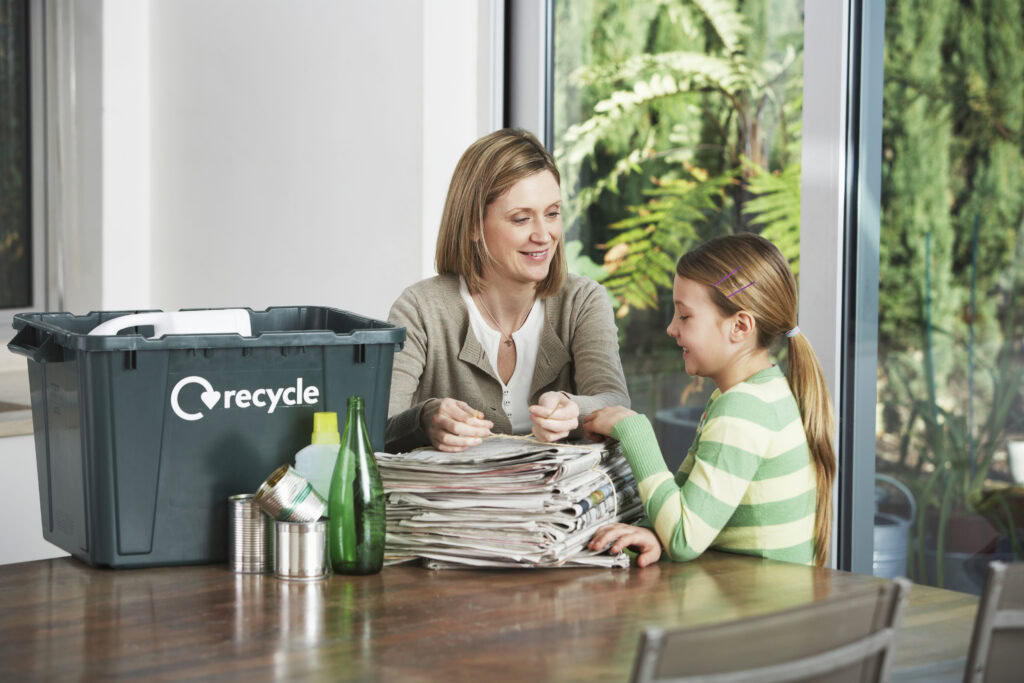
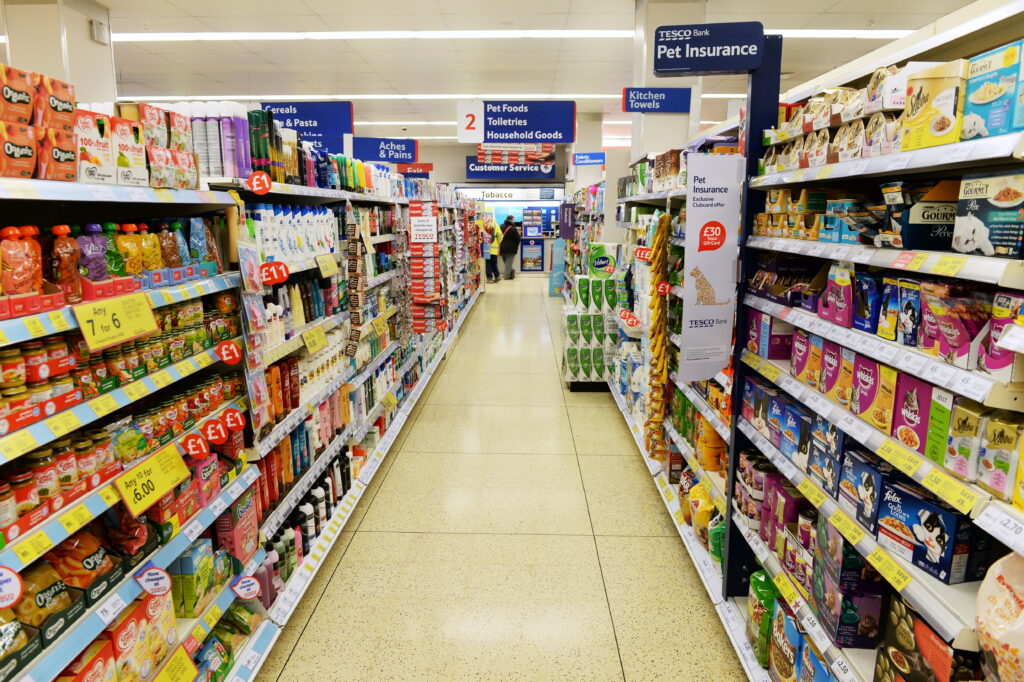
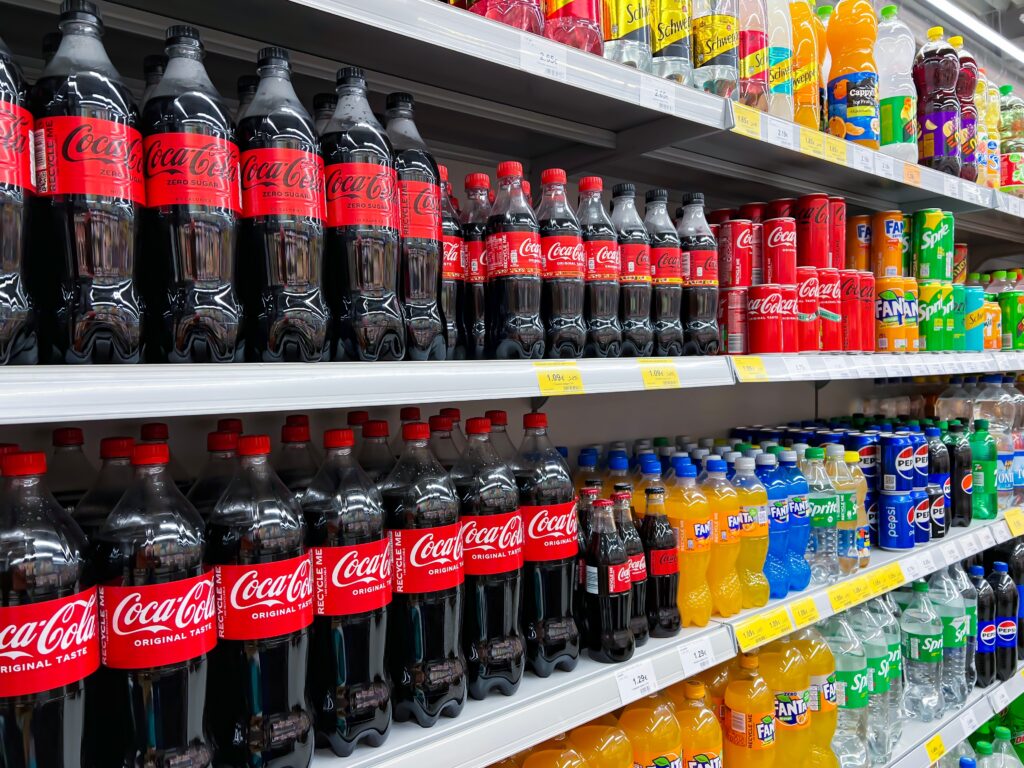
Subscribe for free